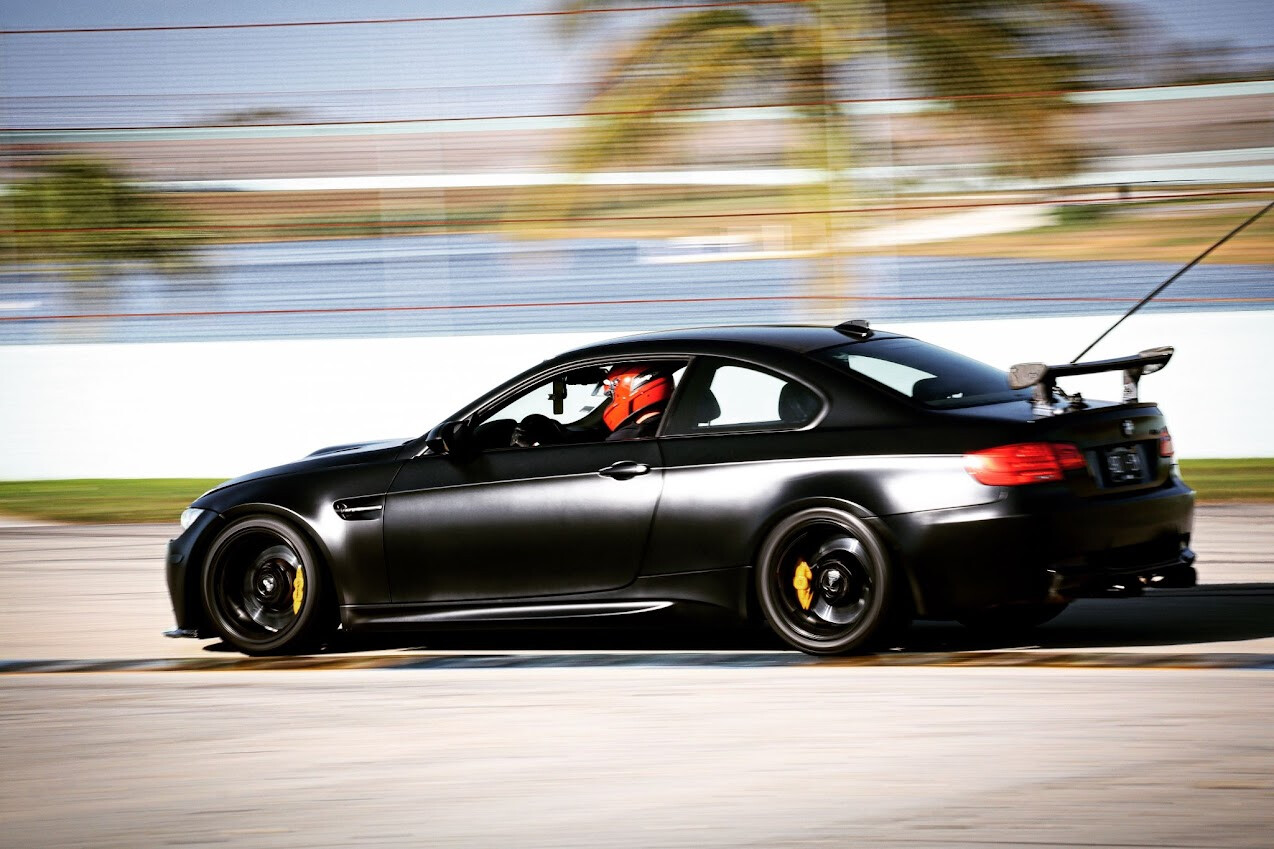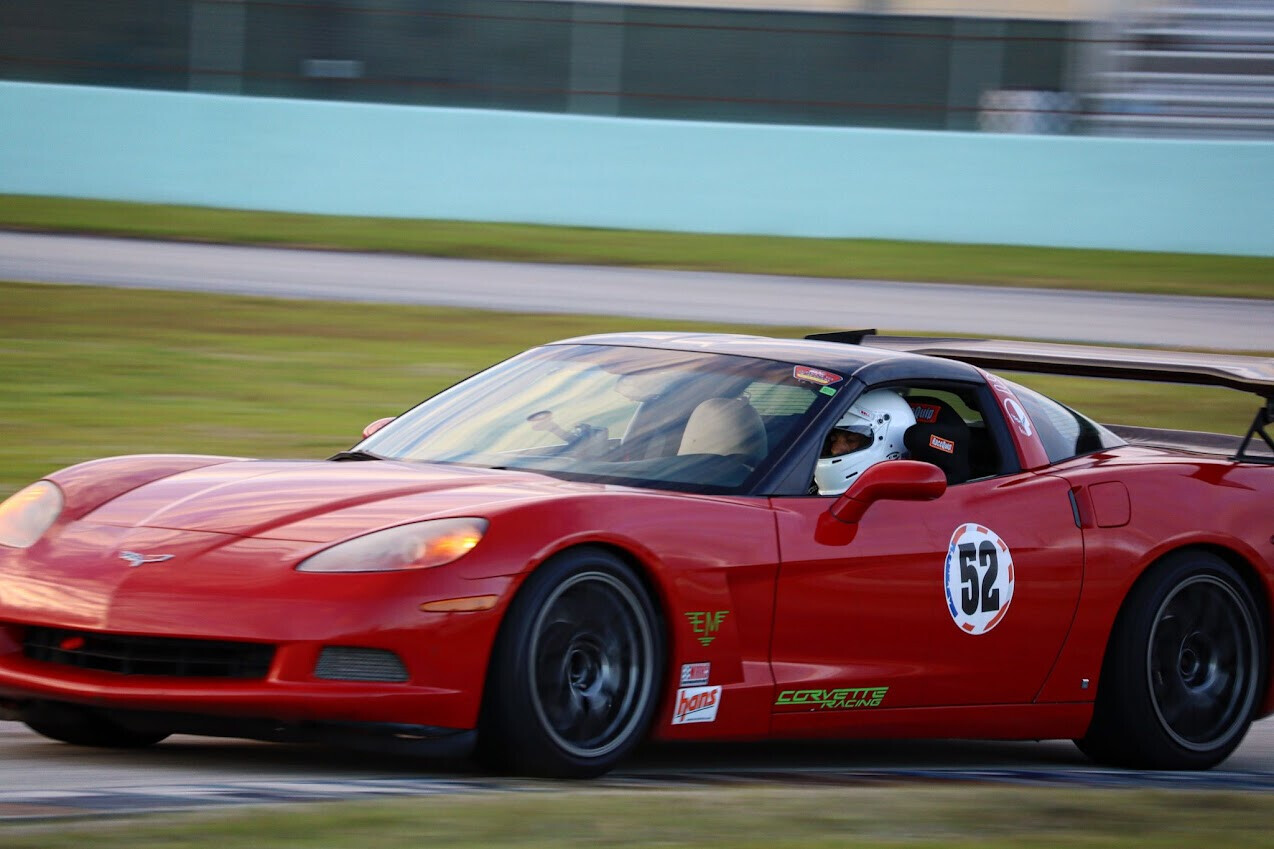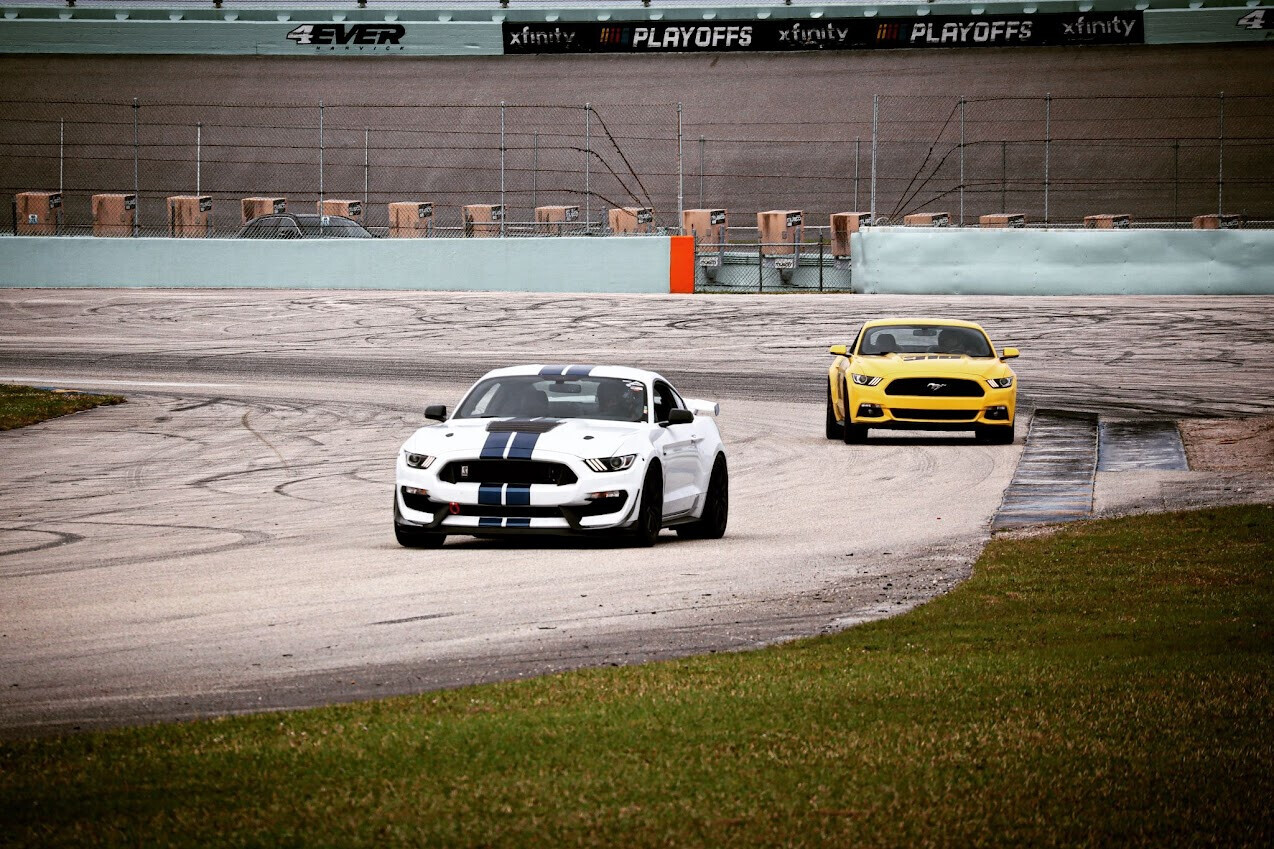
FARA HPDE Academy – Preparing for Track
When heading to the track, whether for an HPDE (High-Performance Driver Education) event, track day, or time trial, it's important to be well-prepared. Below is a comprehensive list covering safety gear, tools, and other essentials to ensure a successful and enjoyable day at the track.
Common Questions
1Do I need track experience to participate?
No. We have certified instructors that help novice track drivers learn the race track, where to place the car, proper braking, car dynamics, and much more.
2Do I need a racing license?
No. HPDE is a driver’s education program. We will not be racing, but that option will be there for you down the road with FARA.
3I’m a really good driver, but I’ve never done a track event. Do I still need an instructor?
100% unequivocally YES.
4Do I need to modify my car?
No. Most modern high-performance cars are usually ready for a light track day. Just make sure you have fresh tires, fresh brake pads, and we highly encourage changing the brake fluid to something like Motul 600 or Castrol SRF.
5Do I need a helmet?
Absolutely. Be sure the helmet is Snell SA certified, no older than 10 years from its certification date. Motorcycle helmets are not allowed.
6Are Convertibles Allowed?
Absolutely, as long as the convertible has either factory pop-up roll-over protection, or a roll bar. Without either of these things we cannot allow a vehicle on the track. Soft-top convertibles must run with the top down and windows down on the track. Fixed hard-tops can run with the top up, windows down.
7Is there a chance that I may wreck my car?
There’s always a risk when driving a car near its limit, but the chances of hitting anything are quite low. We always say it’s safer on the race track than on I95.
8Will my insurance cover damages to my car if I hit something?
Most likely not. However, there are specific insurance policies that you can purchase for the weekend for HPDE events. Check out Haggerty or Lockton.
9Will I have a chance to win a trophy?
Since this is a “DE” – Driver’s Education event, the only trophy you will take home is the one you drove to the track. If you’re interested in competing, once you go through our HPDE driver progression, you will have a chance to compete in our Super Lap Series or in one of the many sanctioned racing classes FARA has to offer.



Preperation Starts Weeks Before The Event
Preparing your car for a track day is crucial to ensure both safety and optimal performance. Here's a comprehensive checklist to get your car track-ready.
Mechanical Inspection and Preparation:
- Brakes: Check pads and rotors for wear. Replace if necessary with high-performance parts suitable for track use. Ensure the brake fluid is fresh and has a high boiling point; consider using a racing-grade fluid.
- Tires: Inspect for adequate tread, no signs of damage, and wear. Use track-appropriate tires if possible. Ensure they are inflated to the manufacturer's recommended pressures, adjusting as necessary for track conditions.
- Suspension: Check for any looseness or play in the suspension components. Ensure shocks, struts, and springs are in good condition. Consider alignment and corner balancing for optimal handling.
- Engine and Fluids: Change the oil to a high-quality synthetic appropriate for high-performance use. Check and top off coolant, power steering fluid, and transmission fluid. Inspect for any leaks or issues.
- Cooling System: Ensure the radiator and cooling system are functioning correctly. Consider upgrading the radiator or adding additional cooling if the car tends to run hot.
- Battery: Secure the battery properly. Check that all terminals are tight and corrosion-free.
- Belts and Hoses: Inspect for wear or cracks and replace if necessary to avoid failures on the track.
- Lights: Ensure all lights are working correctly, especially brake lights.
On the day of the event, you'll want to ensure that any loose items have been taken out of the car, to include floor mats, radar detectors, pens, ect.
Safety Gear:
- SNELL certified SA2020 or newer helmet: This is mandatory. You will not be allowed on the track without one. Make sure it meets the event's requirements. Motorcycle helmets (labeled “M”) are not allowed.
- Neck support/HANS device: Critical for preventing neck injuries in high-speed impacts. Though not required it is highly recommended.
- Tow Hooks: Ensure tow hooks are installed.
- Optional equipment, though not necessary for HPDE: driving gloves, fire extinguisher.
Tools to Bring:
- Basic toolset: Wrenches, screwdrivers, pliers, duct tape, zip ties, and a torque wrench for basic repairs and adjustments.
- Tire pressure gauge and air compressor: Essential for adjusting tire pressure for optimal grip and performance.
- Jack and jack stands: For tire changes and underside car inspections.
- Brake fluid and oil: Extra fluids for top-ups as needed.
- Battery jumper: In case of a dead battery.
- Tire inflator and sealant: For quick fixes on minor tire punctures.
Comfort and Miscellaneous:
- Folding chair: For relaxation during downtime.
- Cooler with water and snacks: Staying hydrated and energized is crucial.
- Sunscreen and hat: Protection from sun exposure.
- Sunglasses
- Rain gear: Umbrella, waterproof clothing, and boots in case of wet weather.
- First aid kit: For minor injuries or emergencies.
- Headlamp or flashlight: Useful for early mornings or late evenings.
- Towels and hand cleaner: To clean up after repairs or adjustments.
- Lap timer or data logger: To track performance improvements.
- Ear protection: Especially if you're near loud cars or in noisy areas.
Documents and Money:
- Driving license: Required for identification.
- Registration and track insurance: Ensure your vehicle is covered for track use if necessary.
- Track registration and tech inspection forms: Have these filled out beforehand.
- Cash and credit/debit card: For entry fees, food, or emergency purchases.
Before You Leave:
- Check your vehicle's overall condition: Ensure it's track-ready to avoid any technical issues. Refunds are not given for mechanical issues, or for any reason the day of the event.
- Review the track's rules and requirements: Each venue may have specific regulations.
- Pack early: Avoid last-minute packing to ensure you don't forget anything.
This list should help you prepare thoroughly for a track day, ensuring both your safety and comfort. Remember, it's better to have it and not need it than to need it and not have it. Safe driving!

